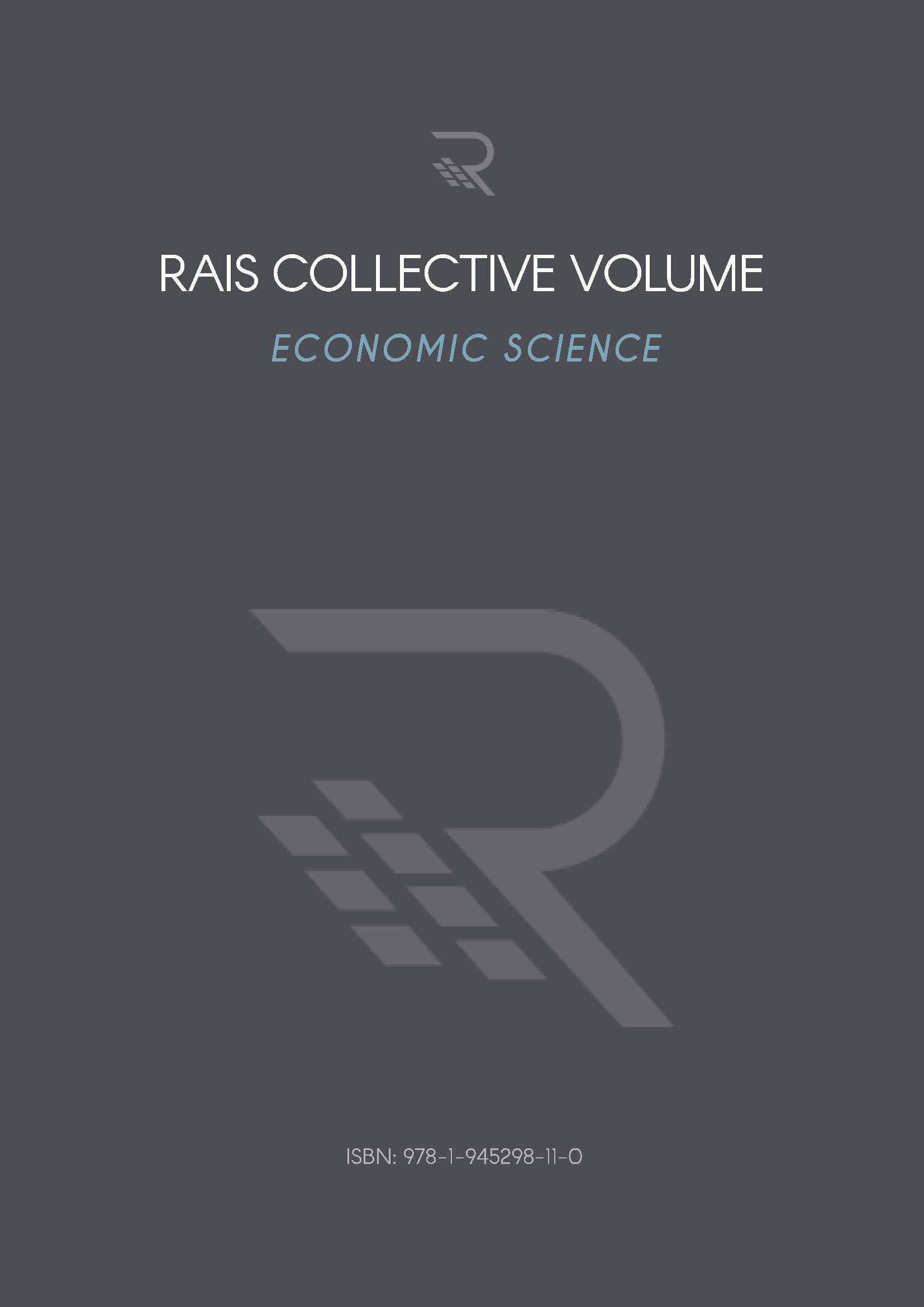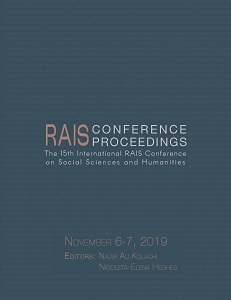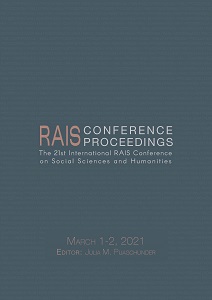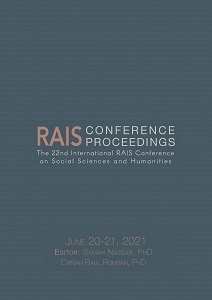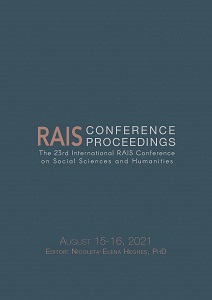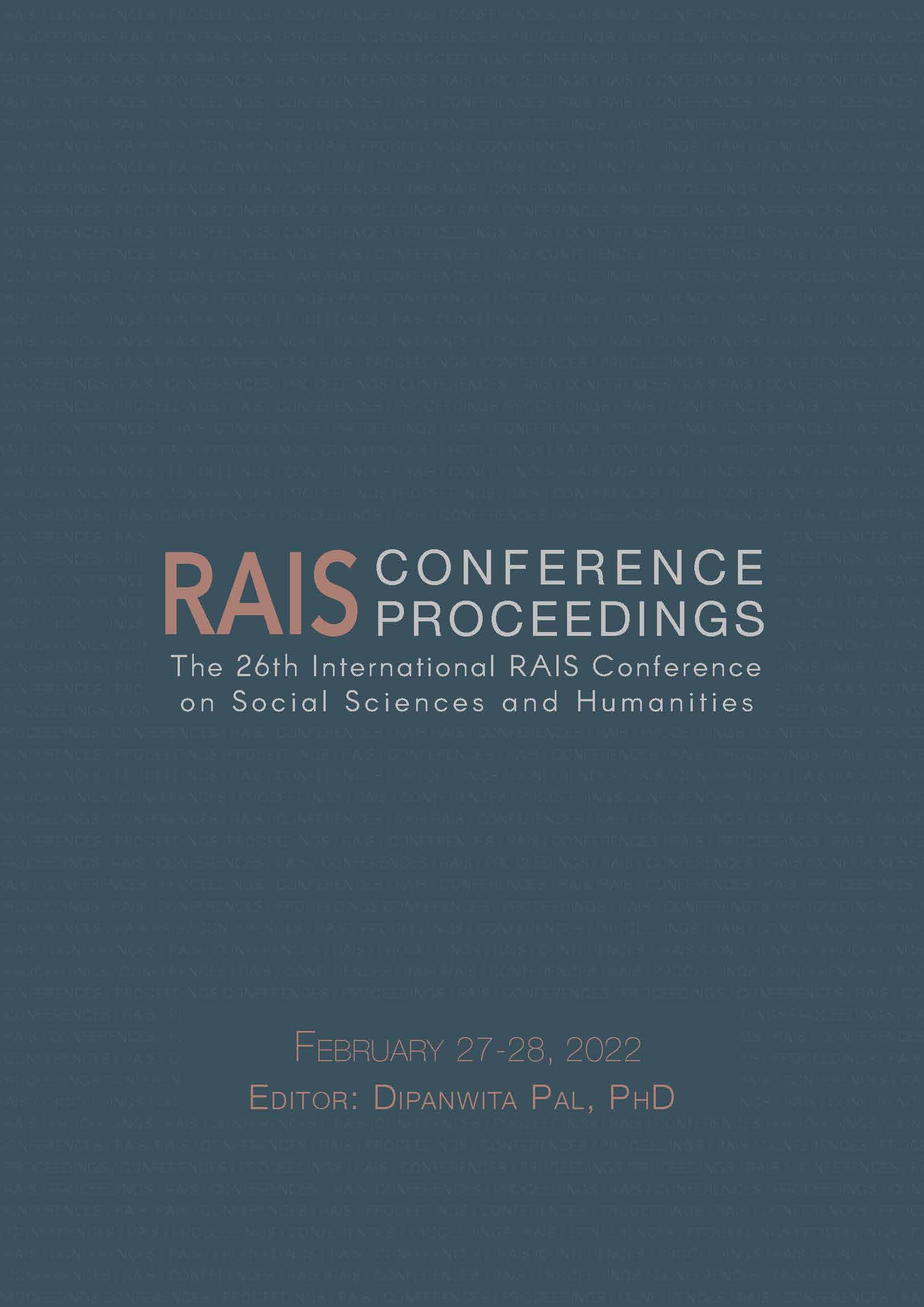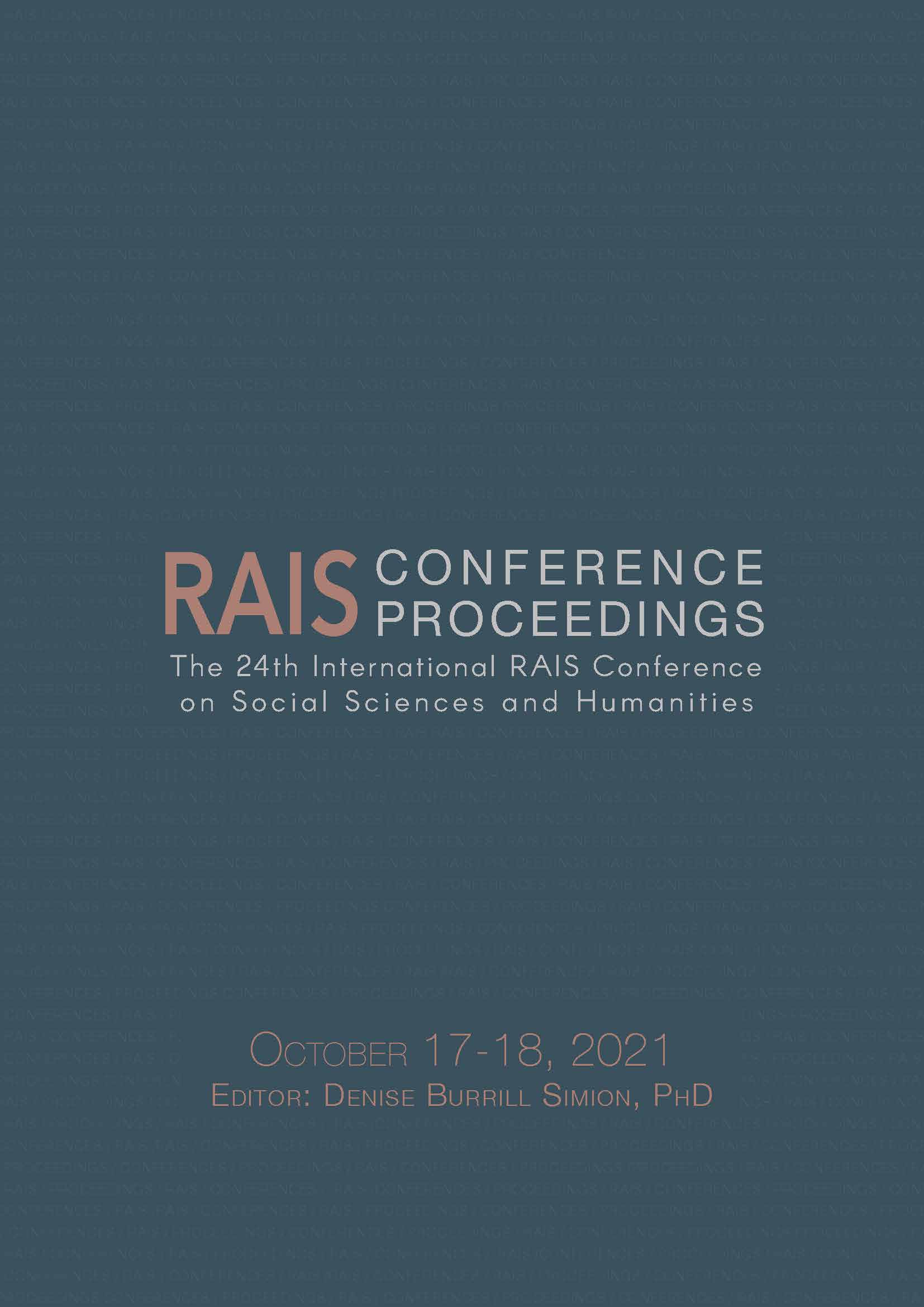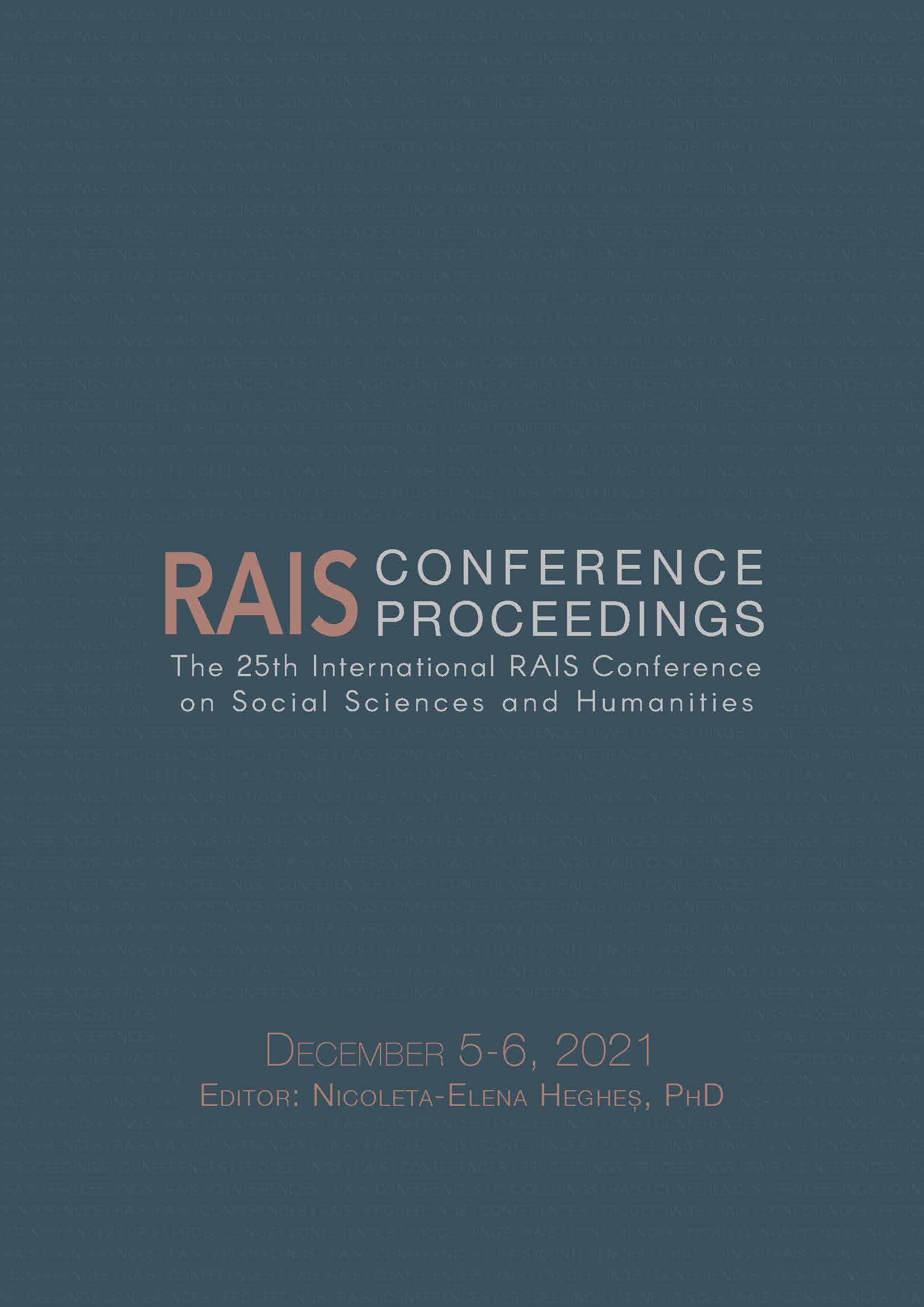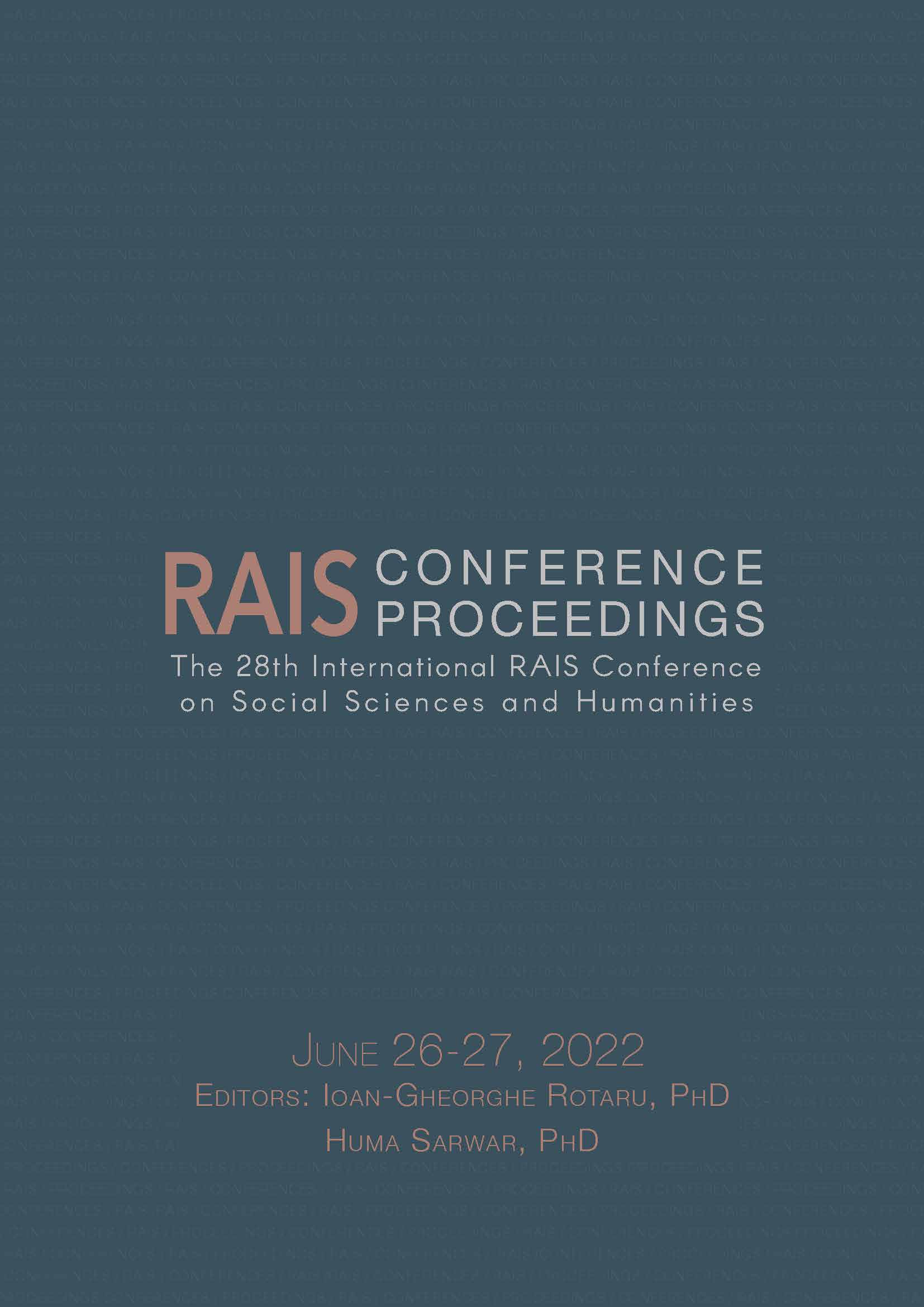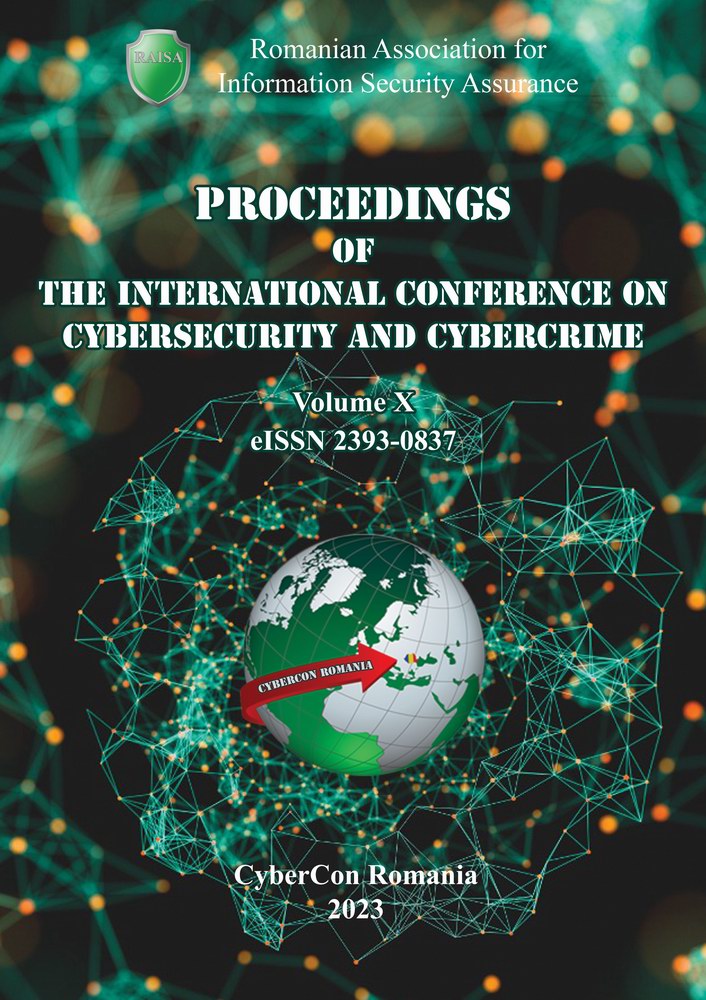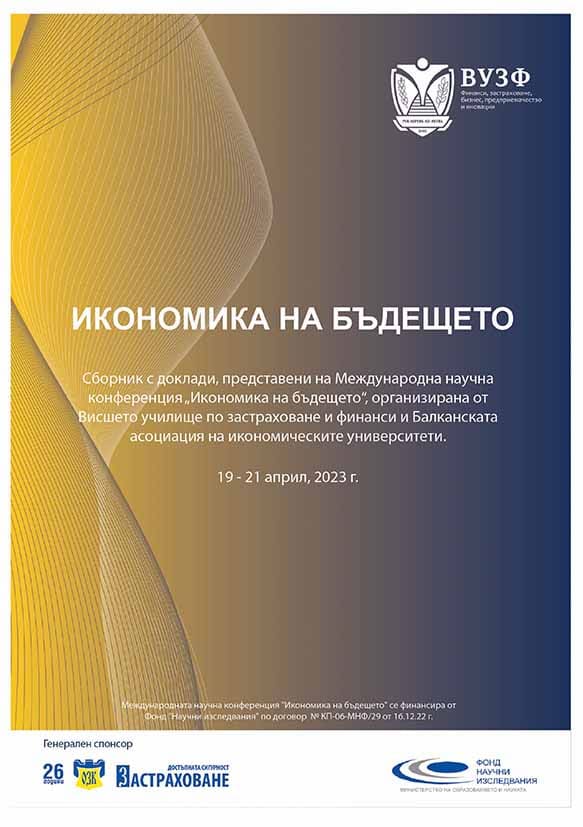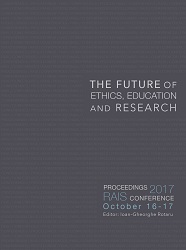
Prison Radicalization in Bangladesh Present Scenario and Threats
Prison Radicalization in Bangladesh Present Scenario and Threats
Keywords: Bangladesh; Islam; Islamist; Prison; Radicalization; Violent extremism; law enforcement
Prison radicalization is a global concern particularly in the moderate Muslim countries those are under threat for violent extremism by Islamist militant.Though the aim of prison is to protect society by confining offenders in facilities that are supposedly safe, humane and secure and to ensure that offenders are actively participating in programs that will assist them in becoming law-abiding citizens when they return to their communities. But prison settings present both risks and opportunities with respect to violent extremist offenders. Poorly managed detention facilities of any types could become potent incubators of radicalization though it is not the only place where violent extremist radicalization occurs. Bangladesh is one of the countries which is facing threat by Islamist militant. The law enforcement situation, democratic practice, injustice and discrimination among the different classes are setting fuel to become people radicalize. The prison situation of Bangladesh is very worse and it may become a hub for recruitment and brainwash place for Islamist militant. The key objective of the study is to assess the realities of prison radicalization in Bangladesh and the effectiveness of deradicalization programs. Based on the objectives the study has designed on qualitative approach.The data was collected via using a semi-structured questionnaire exploring the concept of radicalization, prison radicalization, process, key factors and ways to prevention from both from primary and secondary sources. The paper will give a real scenario of prison of Bangladesh, problems, management system of captured Islamist militants and interventions for deradicalization.
More...
